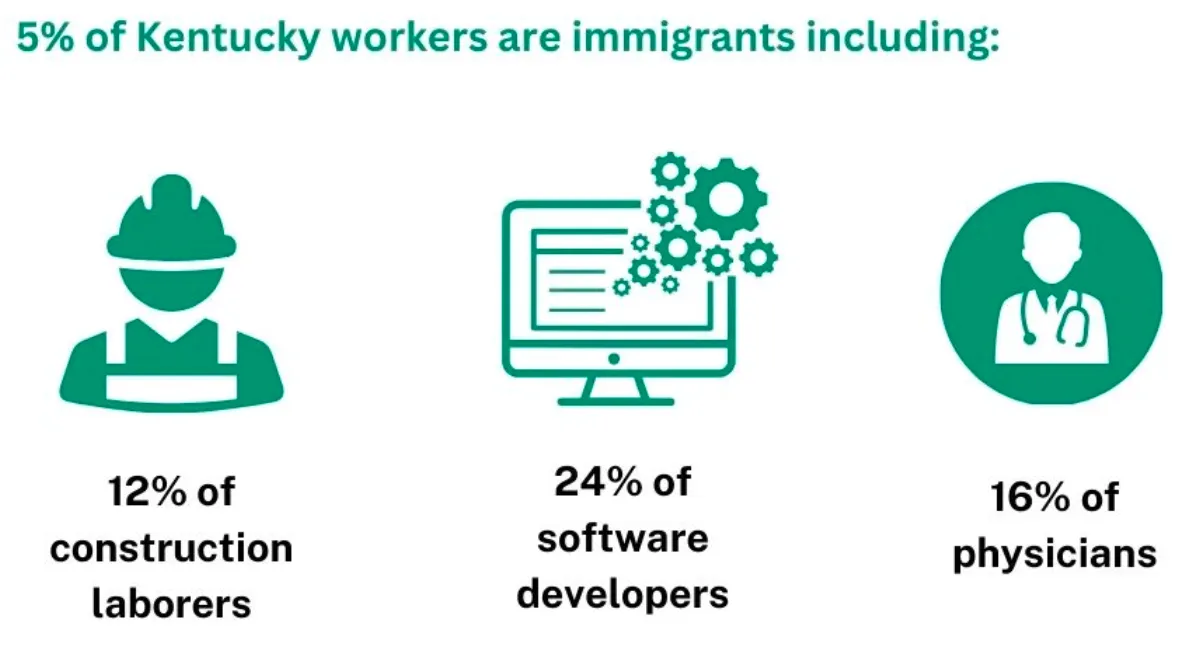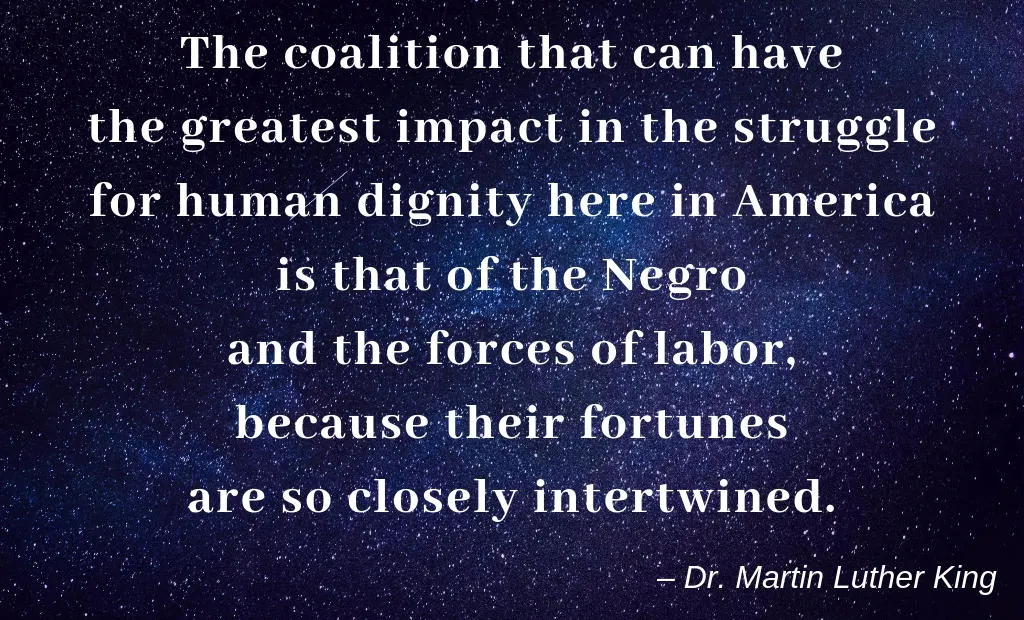Table of Contents
(Editor’s note: This is from the MOKP newsletter, which you should definitely subscribe to. Each week it has good coverage and analysis, and includes good backgrounders like this.)
-
SB 2 is the voter ID bill introduced in the first week of the session that we mentioned last week on the show.
-
This bill has twelve sponsors, all of whom are male Republicans (notable co-sponsors: Ralph Alvarado and Damon Thayer).
-
The bill requires a photo ID for voting. The only exception is someone living in a licensed care facility who votes AT the facility (the law would apply to absentee ballot – you would have to make a copy of your photo ID to send with your ballot).
-
Senator Robby Mills (the bill’s chief sponsor) said that photo IDs already are needed for many daily transactions, ranging from “picking up a University of Kentucky basketball ticket at will-call to cashing a check at a bank.” He believes that the bill increases “public confidence” in the election process.
-
Corey Shapiro, the Legal Director for the ACLU said that “11 percent of all U.S. citizens and 25 percent of African-Americans lack government-issued photo identification.”
-
The bill requires that the ID be a state or federal ID, military ID, or an ID from a university.
-
The bill provides for a free standard information card.
-
It also allows a person to cast a provisional ballot if they do not have a photo ID, but they would have to “personally appear” at the clerk’s office by the Friday after election day to produce a photo ID before the ballot would be counted and they’d have to sign an affidavit citing why they didn’t have one. Other states with similar laws allow you to sign the affidavit when you cast a provisional ballot. This law would require an additional affidavit.
-
There would also be a “provisional absentee ballot” and affidavit for absentee voters who do not send a copy of their photo ID.
-
-
The expiration date of the ID must be at least after the last election.
-
To use a student ID, it must have an expiration date (I still have my UK ID and it does not have an expiration date).
-
It will definitely cost the state money to provide free IDs. Secretary of State Michael Adams is not sure how much, but thinks low six figures.
-
According to Shapiro, Indiana spent $10 million dollars to provide free IDs from 2007-2010.
-
-
Another issue: More provisional ballots could lead to more reason to fight election results (so really, it may decrease public confidence in elections). Also studies have shown that photo ID laws have had no change in citizens’ confidence in elections.
-
Election law scholar and law professor Joshua Douglas highlighted many of the problems we have discussed on Twitter and also said that he has reached out to Sec. Adams about his concerns. He said he would be open to a milder form of the photo ID law (not because he thinks it’s good, but because he thinks it’s inevitable) and that ANY photo ID law should not go into effect until 2021 because it will be impossible to implement before the 2020 election.
Resources:
- Three reasons the Voter ID bill is bad – and what we should do instead
- A voting rights expert weights in on the Voter ID bill
- https://www.kentucky.com/news/politics-government/article239080418.html
- https://apps.legislature.ky.gov/record/20rs/sb2.html
- https://www.wymt.com/content/news/Senate-Bill-2-would-require-photo-IDs-to-vote-in-Kentucky-566813631.html
- https://apps.legislature.ky.gov/recorddocuments/bill/20RS/sb2/orig_bill.pdf







